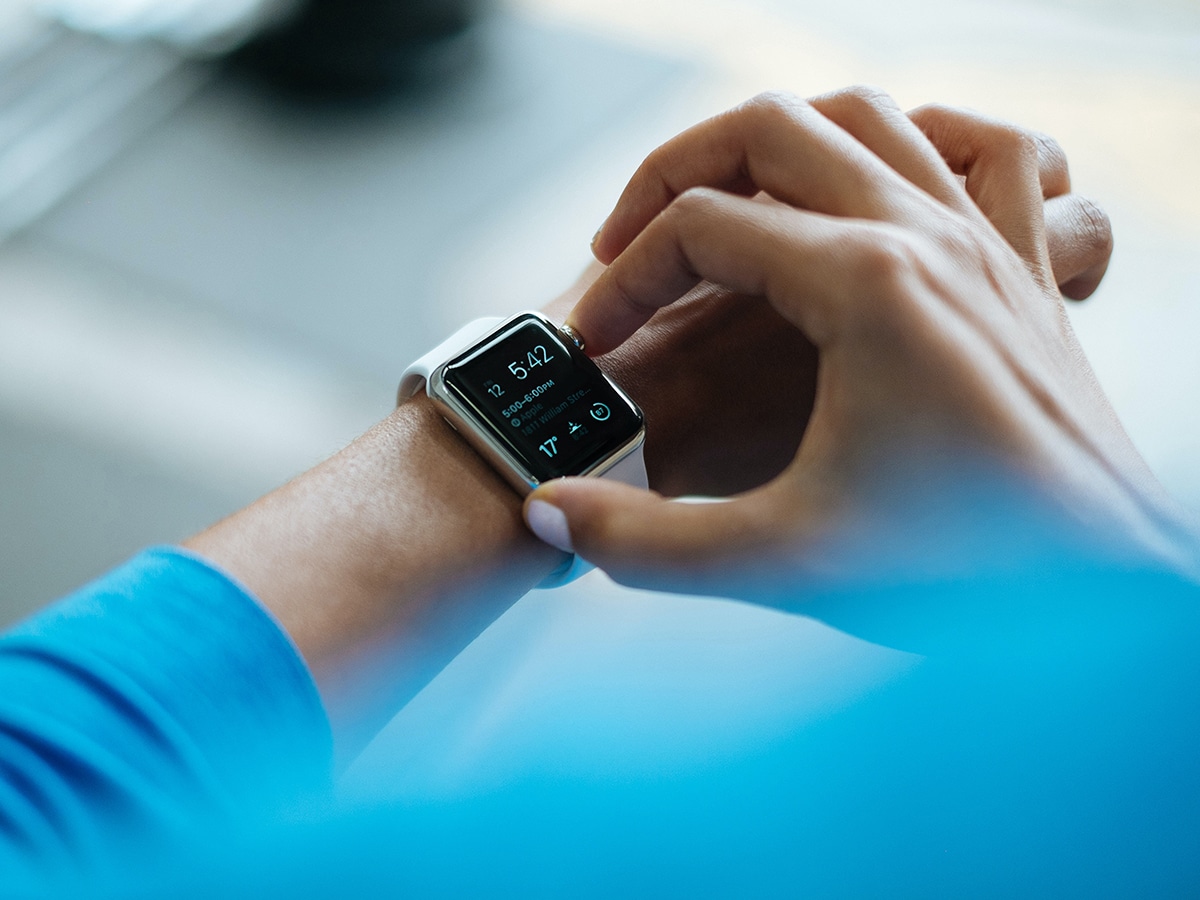
Published:
Readtime: 6 min
Every product is carefully selected by our editors and experts. If you buy from a link, we may earn a commission. Learn more. For more information on how we test products, click here.
Ever felt crap and you don’t know why? Chances are you haven’t looked after your brain health. The term refers to, quite literally, how healthy your brain is, taking into account cognitive abilities, emotional well-being and physical health. So, if you’ve been struggling, it might be time to ask yourself, how are you treating your brain?
An often-overlooked component of overall wellbeing, brain health concerns more than just mental health. Think of brain health as the hardware of a computer, while our mental health is the software. We can’t have amazing software without amazing hardware.
I recently sat down with psychotherapist, writer, and researcher Sara Kuburic, otherwise known as Millennial Therapist, to discuss the connection between mental health and brain health. Here, the Its on Me author revealed four ways to improve that hardware.

1. Sleep
One of the most important things you can do for your brain and mental health is get enough sleep. Sleep deprivation is a regular pattern that most of us are guilty of falling into. Think of the last time you were praised for performing after a lack of sleep – that badge of honour may sit pretty at the time, but it can have long term effects.
Sleep deprivation and mental illness have a strong correlation, and this is why sometimes our moods can plummet and we can fall into a negative mental spiral. Sara Kuburic recommends that “most people would benefit from having a minimum of 7 hours of sleep, 7-9 often being the favourable range,” depending on their age, job, and stress levels.

2. Exercise
Not only does it get you looking good, but exercise is essential to making you feel fit and healthy. Sitting at a desk for 50 hours a week has negative impacts on our minds and brain health due to less oxygen going to the brain. When we talk about exercise, this doesn’t mean you have to hit the gym every day; instead, being consistently active and moving your body for 30-60 minutes every day is the foundation for a healthy brain.
Some activities could be: walking, jogging, or swimming. You can do heavy cardio, but essentially, you just need to move your body every day. In order to be successful at this, you need to rewire your thoughts from exercising to look a certain way to exercising because it’s healthy for your mind.

3. Diet
People often look at food and diet with the mindset of, how do I want my body to look or what tastes good, which makes sense. What you feed your body also feeds your brain. Kuburic uses the analogy that “if you put diesel in a car, that doesn’t take diesel but instead gas, you’re going to be in trouble.” This is the same thing with food.
“If we are a little less focused on how it would shape our muscles or help us go down a pant size and focus more on the idea of, how am I nurturing my brain it would make an impact.”
So what should and shouldn’t we eat? Sara highlighted insights into two damaging substances most people consume daily. Current studies are exploring similarities between sugar and cocaine and the brain’s reward processing. Another negative is coffee; if consumed too much, it can be very damaging as coffee increases cortisol, which is the stress hormone, and this can result in you starting off your day feeling super anxious and asking yourself, what is happening?

4. Staying Mentally Active
We usually come home from work exhausted and want to do nothing but sit in front of the TV. While that can be great as a destress tactic, it can impact your brain health as you aren’t being mentally active. Kuburic explains that “it’s important to treat our brain like a muscle, just like you train your body, you also need to train your mind.” By allowing yourself to learn something new each week, you can improve your memory and reduce the risk of Alzheimer’s.
Some ways to stay mentally active are reading, puzzles like Sudoku or Wordle, and any other activities that really make your brain think and challenge you.

Where Does Therapy Fit In?
Our mental health and brain health are intertwined. Therapy can be utilised to help with mental health and is most effective once you have addressed it in tandem with taking care of your brain health. That being said, it is important to do both consistently, so once you have a healthy brain, you can learn the strategies and live the best life you possibly can.
Brain health will not always help you deal with your struggles, but it will put you in the best position to work through the new strategies you learn and achieve your goals. Sara prompts people to “Ask yourself, how are you showing up in the world? Who do you want to become? How can you tweak your habits and behaviors?”
How do I Start Changing?
So how do you start implementing these strategies? A small way to fix your brain health is by focusing on one of the four focus areas, the one that is your top priority. From there, you can continue to add the others, but take your time and don’t overwhelm yourself. Set yourself small goals that you can follow to help you achieve this.
You’ll also like:
- Pilot is Australia’s New Men’s Health Platform
- The Importance of Taking Time for Yourself as a Man
- What is a Growth Mindset? The Concept Behind Embracing Opportunity
- A Beginner’s Guide to Meditating the Right Way
About the author: Harrison Kennedy is an Australian-based international fashion model and the co-founder of Really Mental, a podcast focusing on mental health and identity. Since its inception, Really Mental has featured conversations with young, influential guests living in the spotlight, including Radhi Shetty, Lauv, Lexi Jayde, Johnny Orlando, JP Saxe, Chelsea Cutler and Nicole McLaughlin. Harrison’s passion for mental health stems from his own personal experiences in the creative industry mixed with his own struggles with anxiety and loneliness.































Comments
We love hearing from you. or to leave a comment.